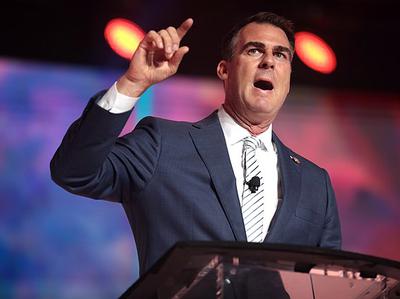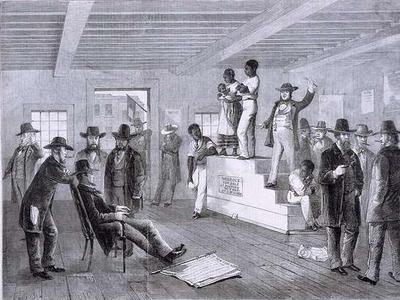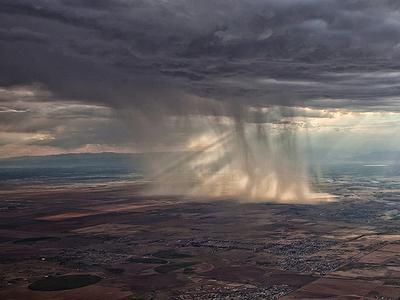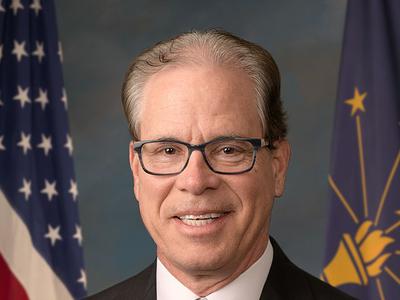
Source: https://www.birmingham.ac.uk/news/latest/2018/07/radical-preventative-mental-health-children.aspx
One such question I have been asked, time and time again is this:
Is the younger generation less resilient than the ones before?
I've often approached this from a variety of angles (maybe there is more to stress about, perhaps it is awareness, socila media, extra pressure, high expectations, self-entitlement etc) but more recently I have found myself considering a new approach, which I decided to share with you all.
Maybe, it's just that it's the same as it always has been, we just recognise it faster. Hear me out.
So think about it, maybe everyone is experiencing the same levels of stress and anxiety and depression as in the past. But the younger generation have been taughtto see it better, and that there is not shame in talking about it and seeking help. In the past, I posit, people experienced stress and found their own ways of managing (some which were nice and healthy, others not so much). Instead, this generation are relaising that getting professional advice is better and more effective than trying to work it all out on our own. If we speak to someone, get the techniques to manage the symptoms then we don't have to sit and come up with our own.
Meaning we are perhaps less likely to take up habits that plague other generations such as:
Drinking
Smoking
Drugs
Sex
Bottling it all up
Anger
Abuse
Withdrawl... etc.
They say this generation drinks less, maybe they aren't trying to manage their mental health with it anymore? It's not everyone obviously, drugs are still an issue as are all the above coping strategies, but perhaps this generation are actually paving the way forwards for adaptive rather than maladaptive coping techniques. Getting in there early, rather than experiencing depression on and off for 20 years before finally admitting that help would be beneficial.
So we see a large number of teenagers coming forward for support for their mental health, because they see it sooner, they recognise that it can develop, that trying to work it out on our own is unhelpful a lot of the time, and perhaps we are seeing a little less of recurrance.
That is not to say that there are other factors, that maybe they are also struggling more with things like self-esteem and expectations (thanks instagram for making me think I can be self employed in a London appartment, travelling the world with my loving partner, wearing cute clothes and saving to eventually buy my dream home in the country). Perhaps there is a little bit that we are suddenly aware of the mess that the world is in, we see that often we try and change things but it doesn't filter into the ears of the people who can do things, that the petition we signed on facebook has been heard but not acted on (you can see why young people often don't vote, if you feel like no matter who you vote for, nothing is achieved, they all lie in their manifestos, and actually are sort of all very similar), you can see why you might feel a bit depressed about that.
And that you might start to be more stressed that you can't work, have a social life, go on holiday and save for a house if you are single in this world- and we expect to be able to do this, because we grew up with this. We don't remember our camping holidays we had at the start of our lives when our parents couldn't afford to take us on holiday, we remember being able to go abroad. You can't blame us for fidning it hard to go start at the bottom again after getting up towards the top.
But no. I would not say that this generation as less resilient, perhaps just more aware.



















